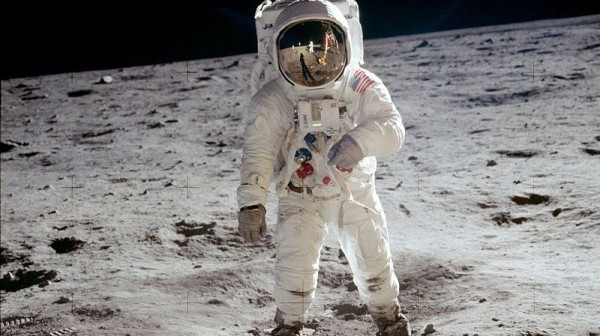
The end of the space shuttle: more than the moon landings, it puts me in mind, by contrast, of the mood the landings crystallized, that aroma of utopian transformation that spiked the air of the late 1960s. The Space Age was also the Age of Aquarius. Woodstock was a month after Apollo 11. One way or another—ecotopia or technotopia, pure love or pure reason, a vision of hippies or of astronauts—we were going to leave the fallen world behind.
Nothing integrated the two sides of the cultural moment like 2001: A Space Odyssey, released in 1968 as the Apollo program mounted to the moon. Until its psychedelic ending, the movie’s tone is one of tight-lipped rationality. Dr. David Bowman, the protagonist, is calm, contained, controlled—scientific procedure personified. Then Dave goes through the portal, and the bowman becomes the shaft, the engineer embarking on the grooviest trip of all. Kubrick and Clarke intuited the longing that fueled the space program: not for knowledge or national supremacy or even adventure, but for transcendence. Never mind the mission’s scientific purpose; Apollo 11, the greatest technological achievement in human history, was also the species’ grandest act of public poetry. We had paid a fortune for a metaphor.
What hippies dreamed aloud Apollo whispered to us all. Not a better version of the current world—the next small step in the long march of progress, political, technological, or evolutionary—but a sudden and total transfiguration, an inversion of history and human nature alike. 2001 begins by invoking Zarathustra, an earlier augury of anthropic self-transcendence, and ends with Bowman’s rebirth as the Star Child, a new and higher species. “2001”: not “1999,” apocalyptic dread before the great calendrical transition, but the fresh start itself. Mr. Sammler’s Planet (1970), a kind of novelistic equivalent of the famous pictures of the Earth from space—the blue ball receding in the rearview mirror—expresses in a darker key the same idea. Sammler reads a manuscript on lunar colonization. “How long,” goes the first sentence, “will this earth remain the only home of Man?” We were leaving one world behind for the next. All aboard who’s going aboard.
From our present distance, such intimations have to seem naïve. History doesn’t work that way; nothing will save us from ourselves; Apollo’s epic spider cast was banalized into the shuttle; utopian expectation has slumped into political paralysis, environmental crisis, and imperial decline. Already by 1973, the year of the Watergate hearings and the retreat from Vietnam, the final three Apollo missions were scrapped for budgetary reasons. But there was grandeur in those visions, and we need to think large thoughts. There’s only so much good in being grounded.


